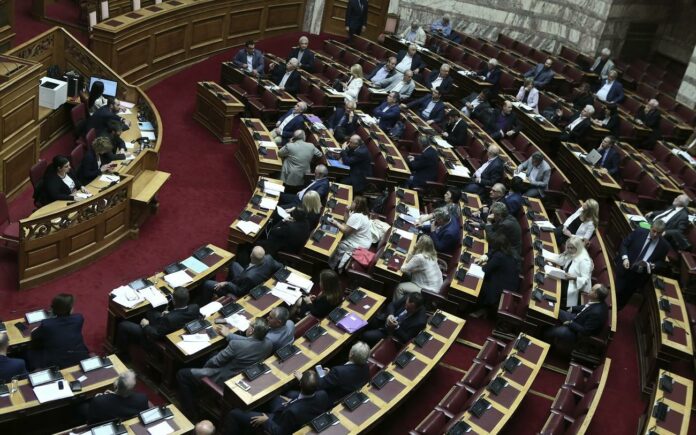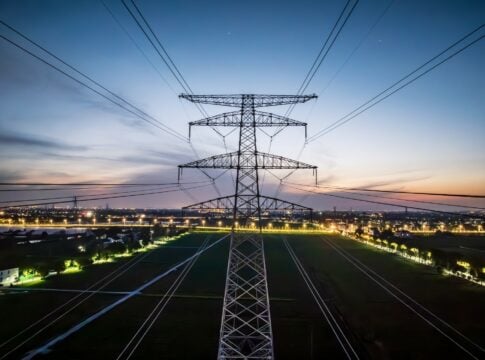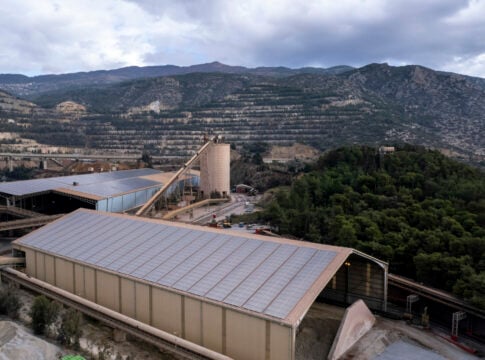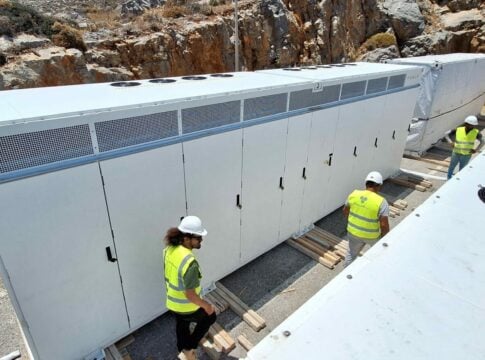By S. Papapetros
[email protected]
An explanatory memorandum attached to the tabled amendment re-instituting what the Tsipras government calls a “13th pension” refers to a “permanent measure”. The amendment was tabled in Parliament on Monday after as a rider to a draft bill on restructuring individuals’ arrears to the tax bureau and social insurance funds.
The report by the General Accounting Office says the pension bonus will be “allocated to beneficiaries receiving retirement, disability and bereavement pensions in 2019 and every following year.” Beneficiaries include senior citizens that are not beneficiaries of other social security payments.
The date for allocation is May 1 of every year.
The maximum benefit is 500 euros, with the payoff calculated based on a beneficiary’s gross monthly social security benefits, taking into account the sum from one or more pensions, including disability payments.
Asset criteria will not be employed, however.
The annual outlay for state coffers is currently estimated at 830 million euros.
The abrupt announcement of the bonus, which affects some 2.4 million people in a country of 11 million residents, comes weeks before a closely watched European Parliament election and a two-stage election process – over two successive Sundays – for municipal and regional polls.
Greek PM Alexis Tsipras announced the measure in a hastily called and nationally televised press conference, after having cancelled his itinerary last Tuesday.
Tsipras and his hard left SYRIZA party are shown as trailing center-right New Democracy (ND) in all mainstream polls over the last two years, with the most recent results showing high single-digit gaps between the former and latter.
ND and its president, Kyriakos Mitsotakis, have repeatedly demanded snap general elections ahead of the last possible deadline, which is October 2019. A poor showing by SYRIZA would essentially put more pressure on Tsipras to declare a snap election, for two reasons: to avoid a further slide in voter approval ratings over the summer months and the appearance of a “lame duck” government.














